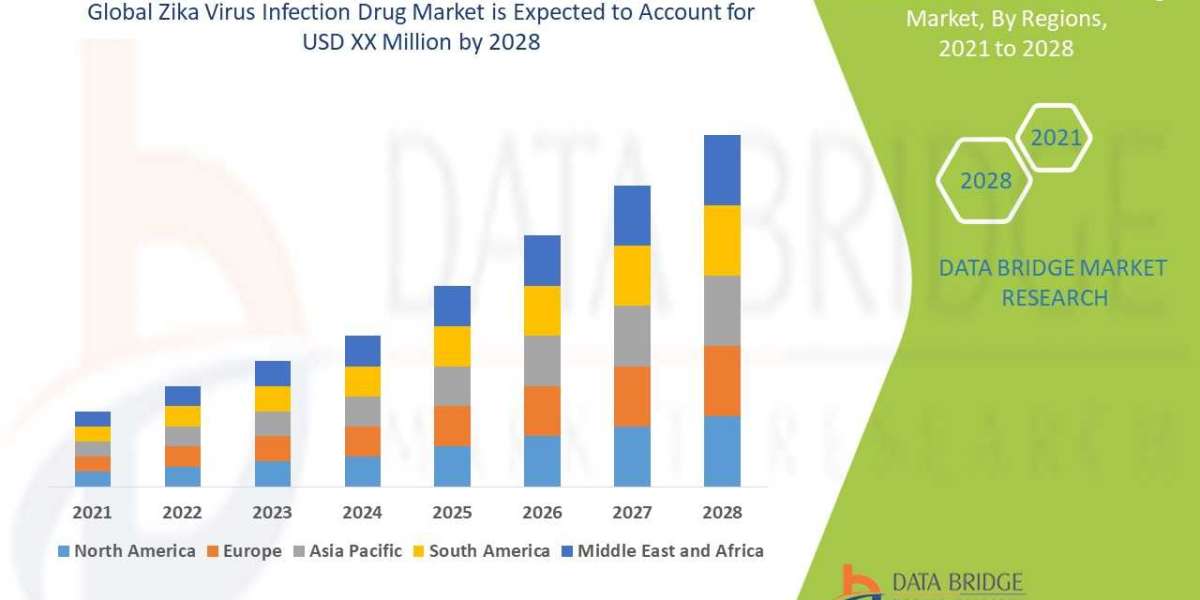Embarking on a Master of Finance (MFin) journey is a significant investment in your future. Not only does it enhance your expertise in the dynamic field of finance, but it also opens doors to lucrative career opportunities. However, one crucial aspect that often gives prospective students pause is the cost involved. In Australia, like in many other countries, pursuing an MFin comes with its own set of fees and expenses. Let's delve into what you can expect in terms of fees and how to navigate them .
Tuition Fees
MFin in Australia fees can vary widely depending on the institution, program duration, and whether you're an international or domestic student. On average, domestic students can expect to pay between AUD 20,000 to AUD 50,000 per year for tuition. For international students, the costs are typically higher, ranging from AUD 30,000 to AUD 80,000 annually.
Scholarship Opportunities
Fortunately, many universities and external organizations offer scholarships and financial aid to help ease the burden of tuition fees. These scholarships may be merit-based, need-based, or specific to certain demographics or fields of study. It's crucial to thoroughly research and apply for any scholarships you may be eligible for to offset the costs of your MFin program.
Living Expenses
In addition to tuition fees, students need to consider living expenses such as accommodation, food, transportation, and miscellaneous costs. The cost of living can vary significantly depending on the city you choose to study in. Major cities like Sydney, Melbourne, and Brisbane tend to have higher living costs compared to regional areas. As a rough estimate, students should budget between AUD 20,000 to AUD 30,000 per year for living expenses, although this can vary widely based on individual preferences and lifestyles.
Textbooks and Course Materials
Another expense to factor in is the cost of textbooks and course materials. While some universities provide access to online resources or have libraries where you can borrow textbooks, you may still need to purchase certain materials for your studies. Depending on the program and courses you take, this expense can range from a few hundred to over a thousand dollars per year.
Additional Fees
There may be extra fees associated with your MFin program, such as student services and amenities fees, examination fees, administrative fees, and health insurance (for international students). It's essential to carefully review the fee schedule provided by your university and budget accordingly to avoid any surprises down the line.
Financial Planning and Budgeting
When considering the large financial commitment of pursuing an MFin in Australia fees is paramount. Begin by researching the total cost of attendance for your selected program, encompassing tuition, living expenses, and ancillary fees. It's essential to explore various financing avenues, including scholarships, part-time employment, student loans, or familial help. Crafting a meticulous budget delineating your income and expenditures is pivotal for financial management during your studies. Seek opportunities to cut expenses by opting for shared accommodations, preparing meals at home, and leveraging available student discounts.
Conclusion
While pursuing an MFin in Australia fees, it's also an investment in your future career and personal development. By carefully researching your options, applying for scholarships, and budgeting wisely, you can make the most of your MFin journey without breaking the bank. Remember, the skills and knowledge you gain during your studies will pay dividends throughout your career in the finance industry. So, don't let the initial costs deter you from pursuing your academic and professional goals. With careful planning and determination, you can turn your MFin aspirations into a reality.








